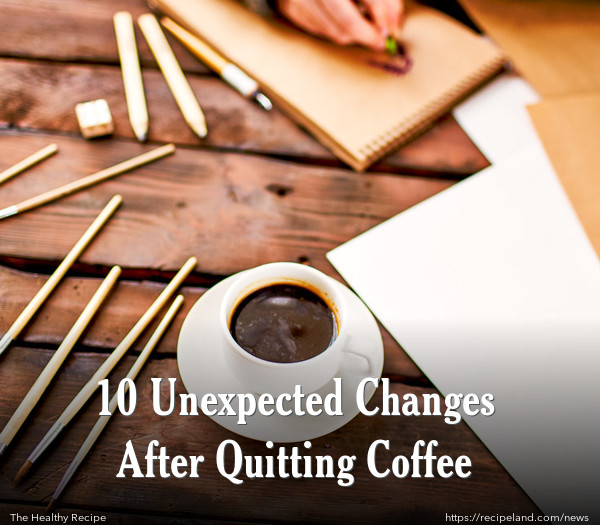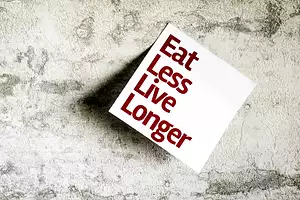Not that coffee is all that unhealthy, in fact, there are some known health benefits to drinking coffee. But, too much of anything is not good for you. If you are considering cutting back on your coffee intake, here are 10 things that can happen to you.
1. Weight loss
If you drink coffee with milk and sugar, then you are adding a ton of empty, extra calories to your diet. This can stick to your waistline! A recent study conducted at Duke University found that those who consumed caffeine daily by drinking tea, coffee, or soda had 10% higher blood sugar levels. This can lead to an increased risk of cardiovascular disease and obesity. When you cut out coffee with added sugar, you can cut out hundreds of calories per day.
2. Weight gain
When you are addicted to caffeine and suddenly stop, you may find that you get unusual cravings. Coffee is a natural appetite suppressant, and if you cut it out then you might find that you are reaching for fatty or sugary snacks as a result.
3. Better sleep
When you initially stop drinking coffee, you might find that you are especially tired. Coffee is a stimulant, and it will be an adjustment for your body when you quit. Because caffeine can affect your sleep for as long as six hours before bedtime, you may find that you are sleeping better once you kick the habit.
4. More headaches
Caffeine headaches are familiar to most coffee drinkers. When you remove caffeine from your diet, you are reducing the adrenaline and dopamine in your brain (natural stimulants), and you end up getting flooded with adenosine (a hormone that makes you tired). This can cause headaches. To help prevent the dreaded headaches, make sure that you cut back gradually on your caffeine. Cutting down by mixing your regular coffee with decaf is one strategy, or just drinking less.
5. A sick feeling
Caffeine withdrawal can not only lead to headaches, but you may experience other symptoms, including depression, anxiety, flu-like symptoms, insomnia, irritability, mood swings, and sluggishness. But, these symptoms will pass, and it won’t take too long. Most of the symptoms should be gone after about 2 days, but none of the symptoms should last more than a week or two.
6. A better smile
Because coffee is so acidic, it can erode your tooth enamel and stain your teeth. When you cut out coffee, you can better protect your teeth from erosion, and your smile will be whiter.
7. Fewer antioxidants
Most Americans get a large portion of their antioxidants from coffee, according to a study conducted at the University of Scranton. Those who drink more than three cups per day might lower their risk of a variety of diseases, including Parkinson’s and osteoporosis. Cutting back on coffee will mean that you have to increase your intake of antioxidants in other ways. Try tea, fruits, and more veggies!
8. Difficulty concentrating
Becoming more fatigued and more irritable are common side effects of caffeine withdrawal. Both of these will contribute to decreased concentration, which can lead to lower productivity at work. The lack of stimulants, combined with the increased adenosine, can make it difficult to concentrate on your work. Try chewing minty gum to make your brain more alert and help you stay on task. After about a week with no caffeine, the poor concentration should subside.
9. Constipation
Because caffeine helps move things along in your digestive system, when you stop you might find that you become constipated. Fortunately, there are plenty of ways to stay regular—increase your water intake, eat more fruits and vegetables, and get more exercise.
10. A calmer feeling
Too much caffeine can make you jittery and shaky because it is a stimulant. When you get caffeine out of your diet, you will reduce the levels of adrenaline coursing through your body and also reduce the stress hormones. This can help you feel calmer and less anxious.










Comments